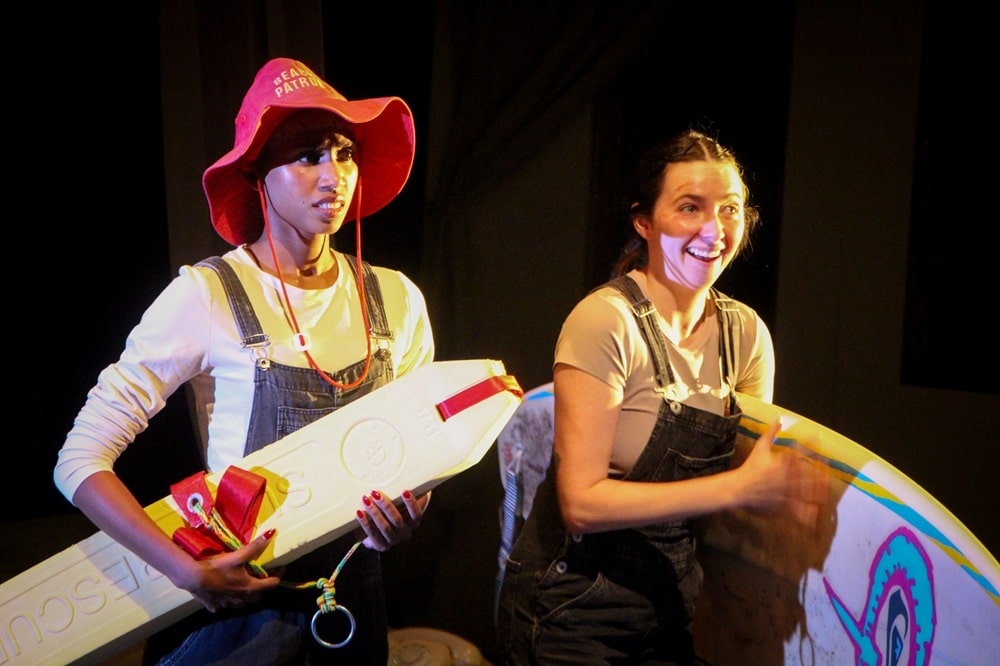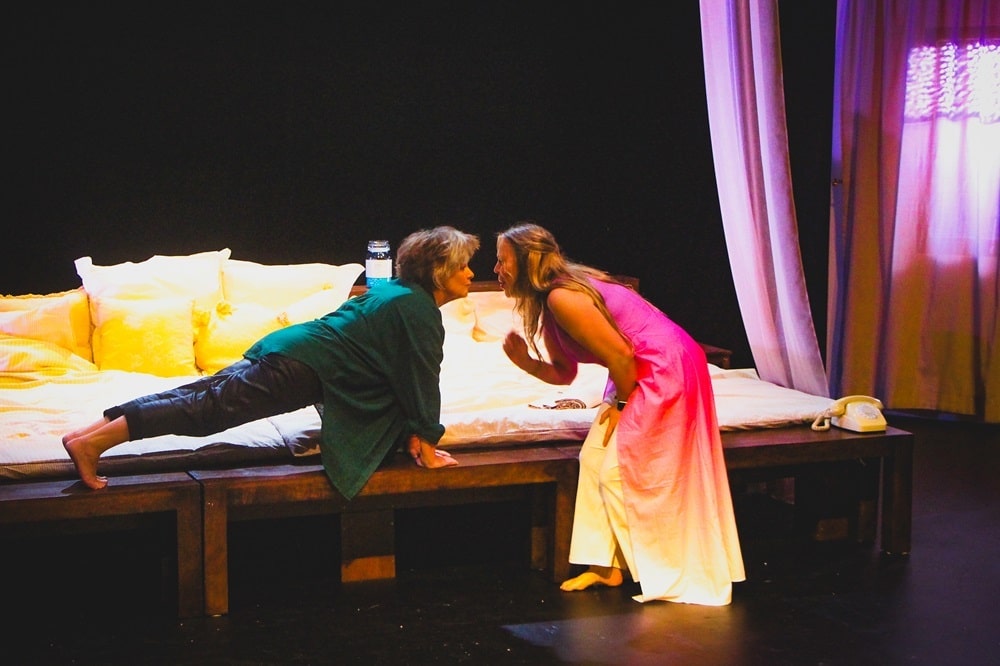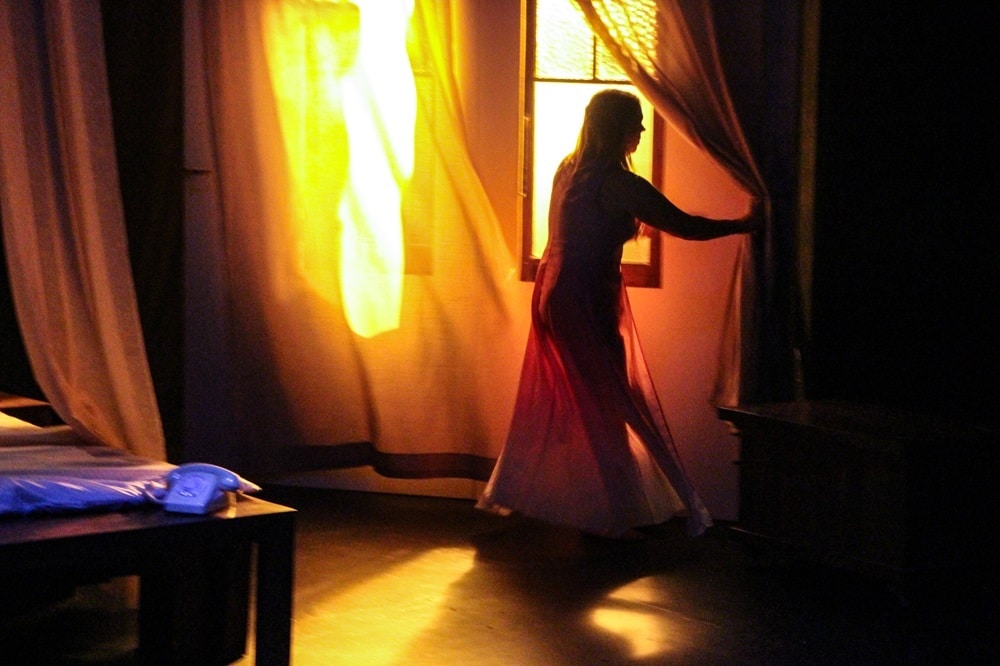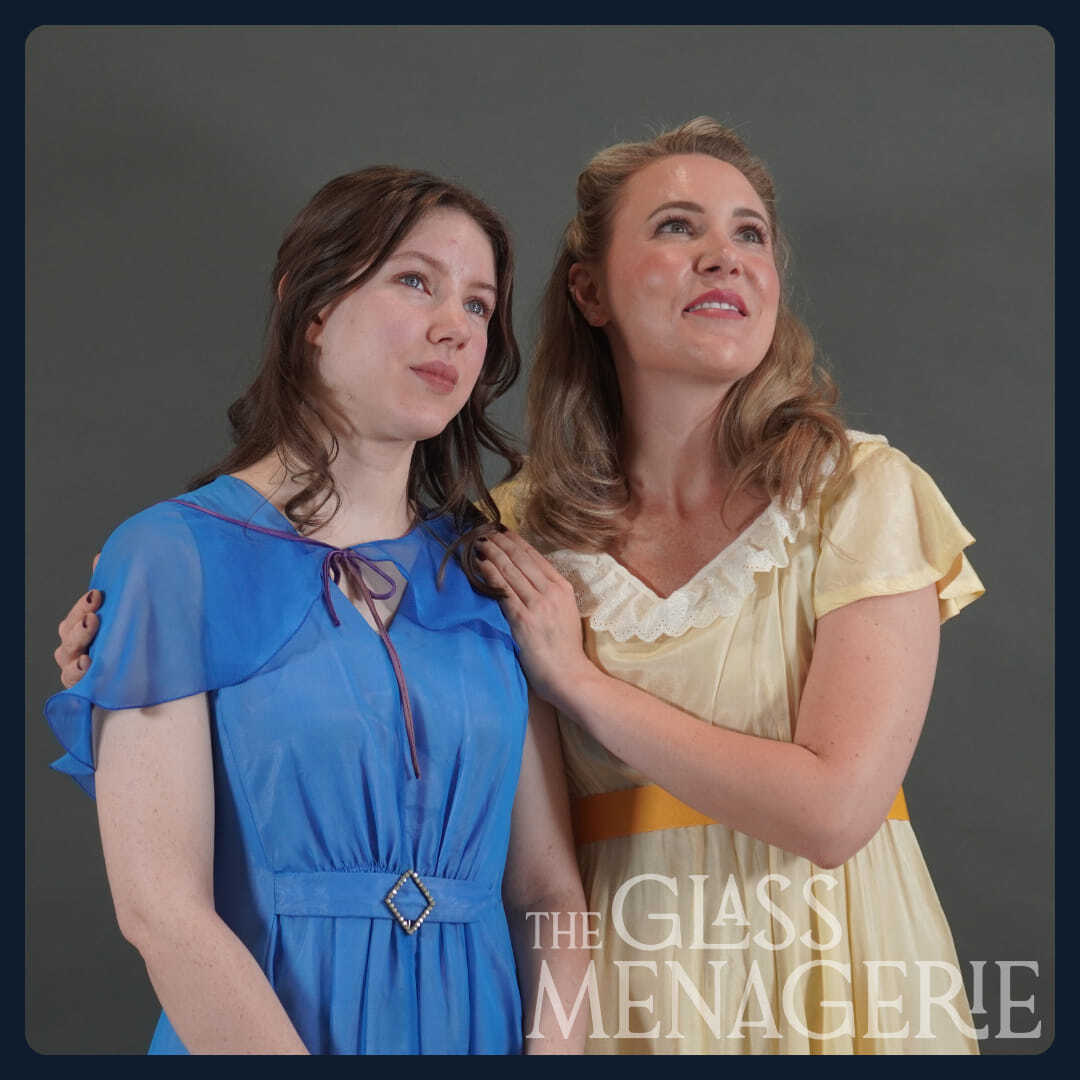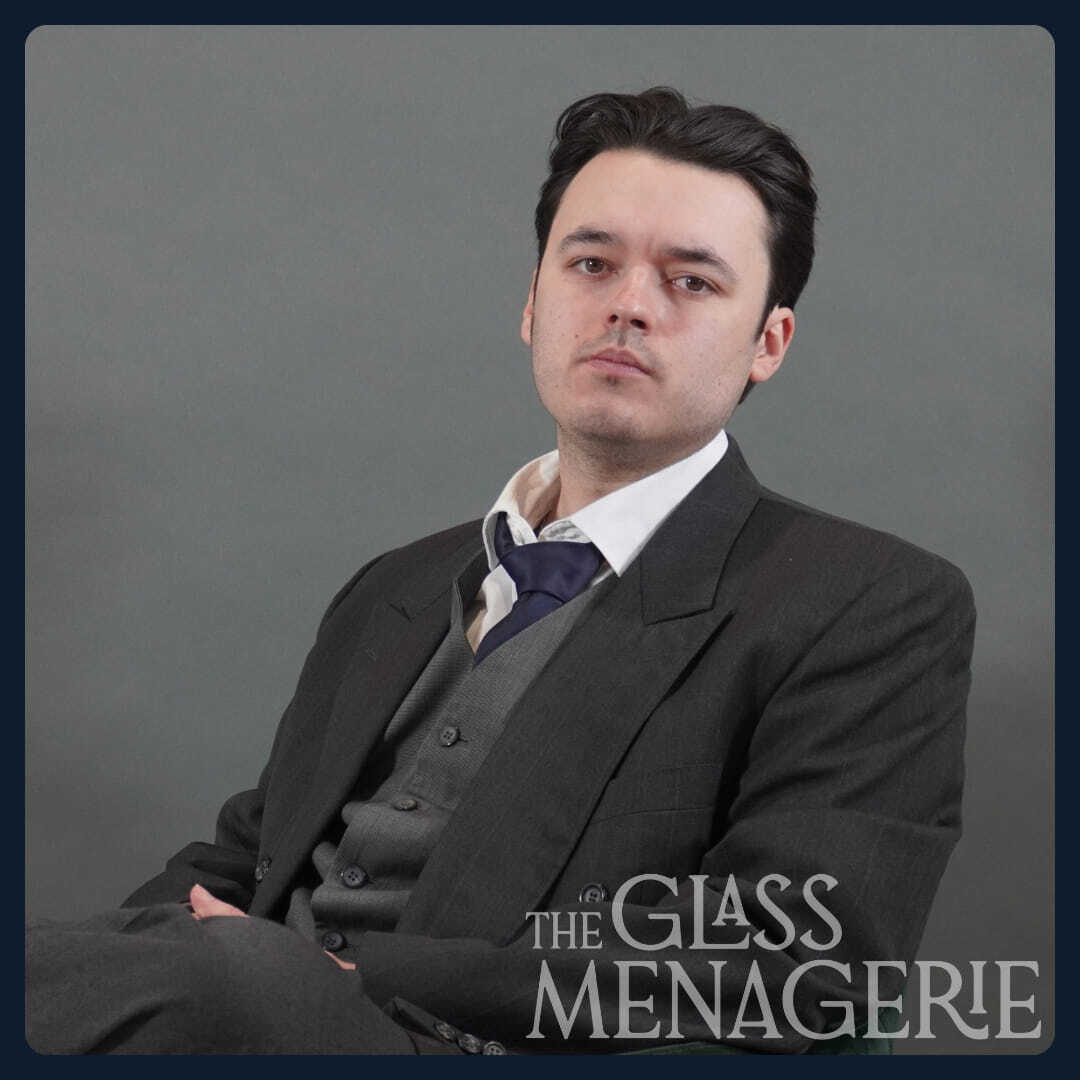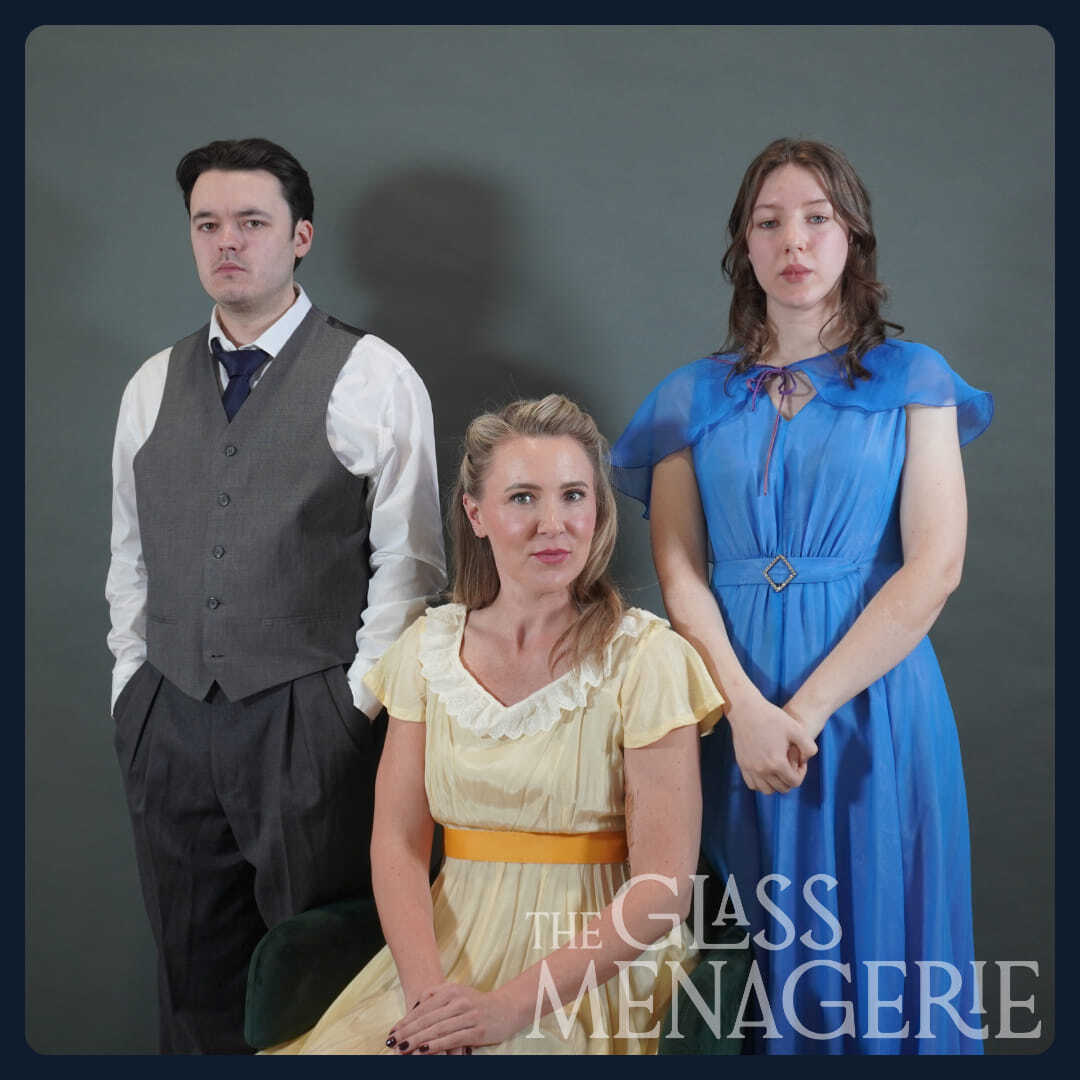‘A Very Naughty Christmas’ is back for its eighth year with a delicious new array of jaw-dropping spectacles and skits. The musical features raunchy dance showcases, brilliant Christmas parodies, and hilariously vulgar gags in what is fast becoming Australia’s best Christmas show for adults.
The star-studded cast attacks the stage with vivid confidence. The company is small yet fierce, many of whom are triple-threat performers and graduates of Performing Arts institutes from all over Australia. The show offers almost too many memorable scenes to choose a favourite, and running at just under two hours long, the spectacle is a joy to witness from beginning to end.
The most iconic of parodies include “Walking ‘Round in Women’s Underwear” and “It’s Beginning to Look a Lot Like Christmas” (with an expose of X-rated toys…in every store). The calibre of vocal strength among principal singers rivals the talent of Australia’s most well-known musical theatre performers. Grace Laing and Jarrod Moore win over the audience’s affection, particularly for their indulgent vocal qualities, memorable storylines, and natural on-stage charisma.
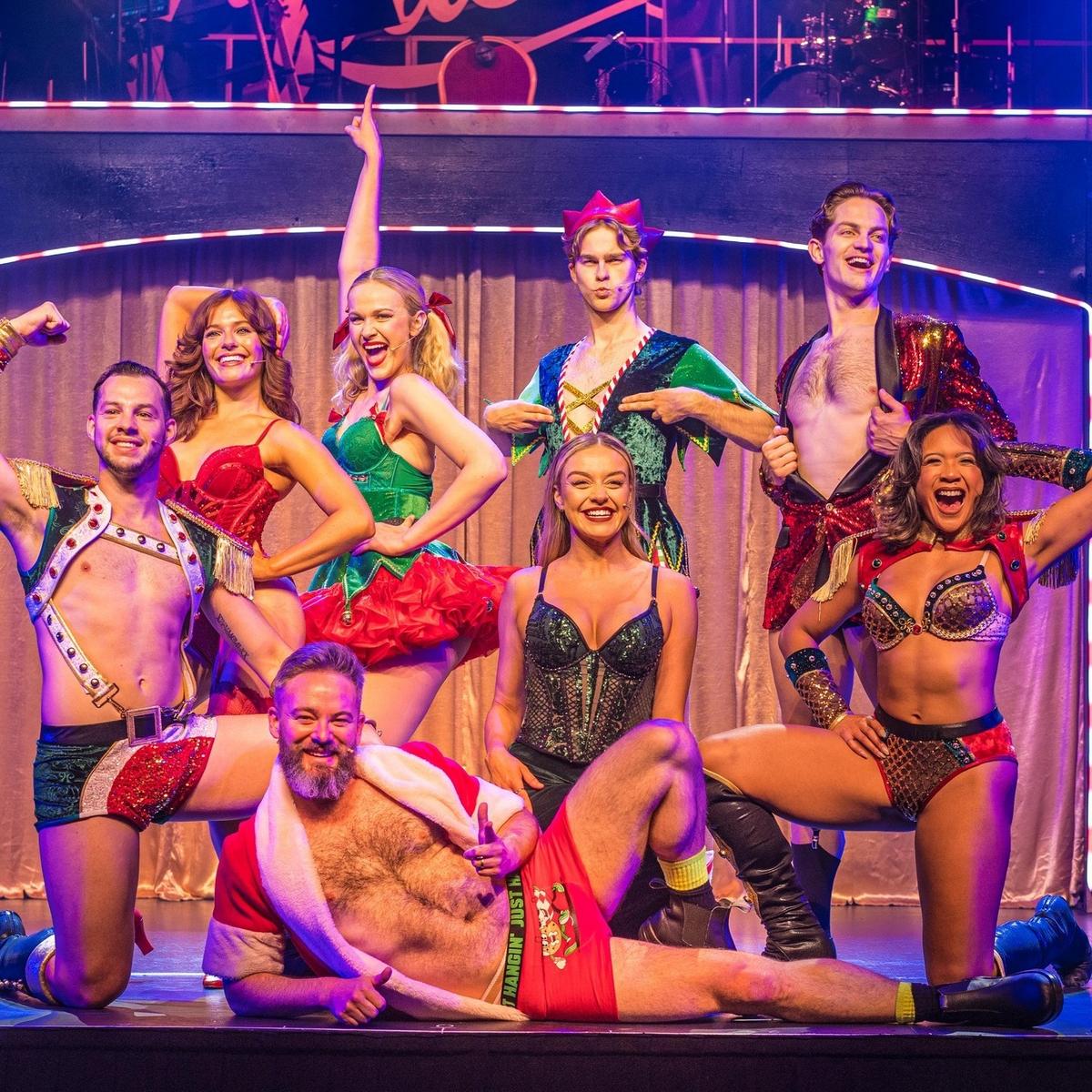
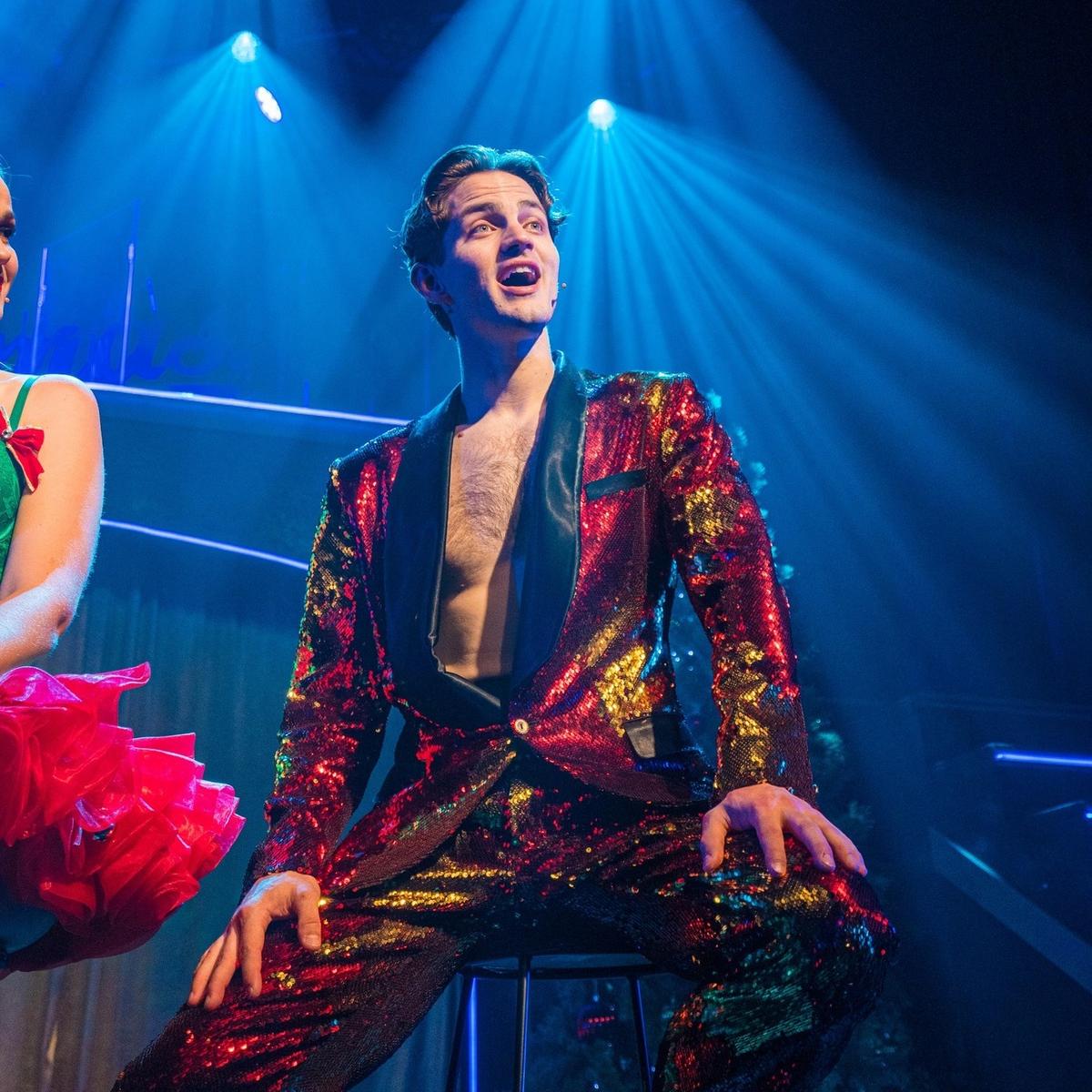
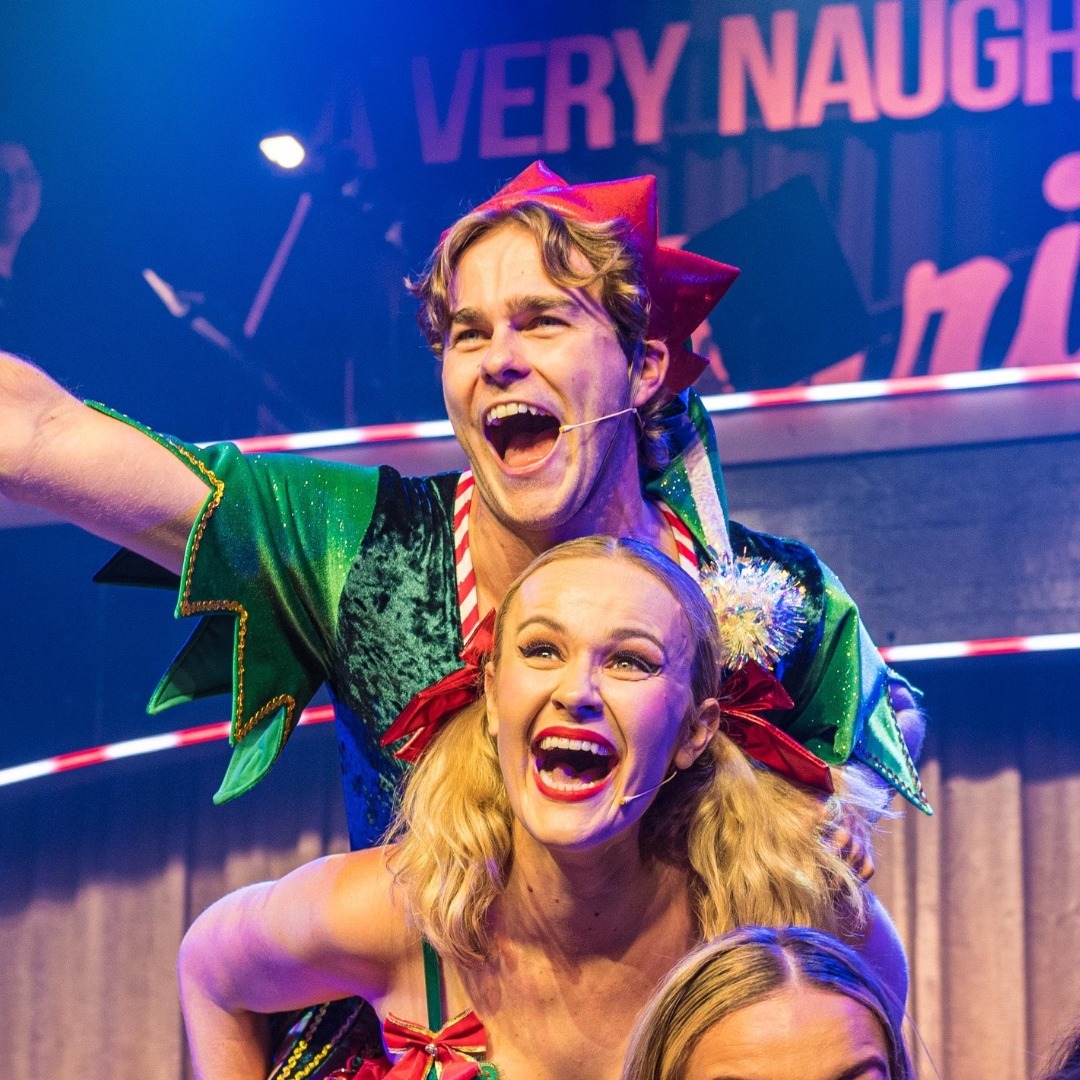
Asmara Soekotjo stuns as the cast’s most striking mover, unsurprisingly adorned as this season’s Dance Captain. Soekotjo takes center stage in a parody of The Police’s “Roxanne”, turned “Rudolph Put On The Red Light” where she displays her aerial and lyrical might.
Led by the idyllic Mr Santa Claus, played by Tim Paige, the musical sees several hysterical audience interactions during the evening of fun. The cast revels in mischievous antics all night by poking fun at and embarrassing the viewers unlucky enough to be scouted into the limelight by performers. For those particularly unfortunate, a segment of the audience on-stage performance could be involved.
The talented live band adds to the glossy exterior of the production without any significant reliance on pre-recorded material. High-quality lighting, production, live sound, and cast confidence are a testament to the production’s long-standing history of success.
The extravaganza of risque bliss is nestled in St Kilda’s Alex Theatre and is a Christmas show not to be missed. A Very Naughty Christmas is making its way through nine total shows running in Melbourne until December 21.
To book tickets to A Very Naughty Christmas, please visit https://melbourne.averynaughtychristmas.com/


